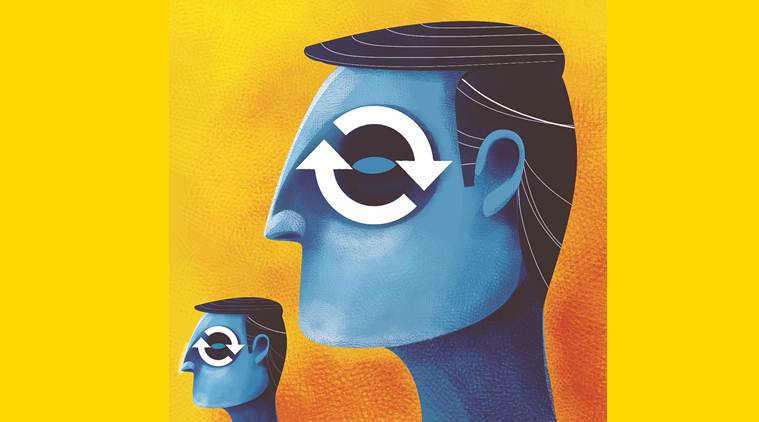Gained in translation: A promise to renew
In this era of digital media, what is the need for reading fiction was a question that came up during that period.

For someone who has lived as an expatriate in Gulf countries, the term ‘renewal’ is a synonym for nightmare. It evokes memories of a visa renewal or a work permit. For an outsider, it may seem a mere bureaucratic procedure, but for the insider, it is certainly a different experience. It is on the strength of that term that an expat’s labour is valued, he is blackmailed to work and his future is determined. It is mental torture that begins a year before the visa, work permit expires.
Contracts for the company are dwindling, the management has already sought to lay off a few employees, it is not sure if the same remuneration can be provided in the next contract, the owner has instructed to retain only the best employees, you will be reconsidered if you perform well — such threats and enticements mark a year of tension.
During my 21 years as an NRI in the Gulf, renewal was my biggest nightmare too. I have always remained servile to renewal. I believe that if we fail to renew and adapt to new technologies and techniques, we will lag behind. Although it is impossible to have the energy and enthusiasm of one’s youth, I try to update myself as much as possible. From the beginning of my writing days, I recognised the computer as a writing tool. I have always ridiculed the idea that creativity is something that gets generated only when pen meets paper.
Also, I am interested in communicating with people and my readers on social media. I am not a writer who creates his work within a closed enclosure. Mass communication media such as Orkut, Facebook, Twitter and Google chat have found its way into my novels
It is a huge challenge to find topics and mould them to meet the requirement of contemporary times. In this era of digital media, what is the need for reading fiction was a question that came up during that period.
By infusing our literature with precise and legitimate representation of life events, symbols of time and depiction of society, our generation has brought reading back into society. By interlinking real people and imaginary characters, by correlating real places with fictional places and by synthesising myths with history, we used fictional realism to keep readers enthralled.
The entry of technology and social media has created a situation where everyone is a writer. The characteristics of the period of oral communication could be witnessed in social media. A story told by someone is passed to another person after adding our imagination and mischievous thoughts into it. That person inserts his own imaginations and tries to expand the story. Somewhere in between, the name of the real author disappears.
While realising that even epics such as the Mahabharata were the result of such a storytelling tradition, we get to know the seamless possibilities of the same. In such a situation, a writer can survive only by developing a unique literary style which is hard to imitate and which is in tune with the new era.
Similarly, the emoji has brought a revolution into writing. Acute feelings which would have been difficult to express in words are effectively communicated through emojis. The language developed by human beings to communicate emotions and thoughts has been rendered insignificant by these symbols. Since simplicity is the way of the world, it is not a far cry that humans are going to leave the language and hug the emojis. It is imperative for writers to deal with such a situation and overcome it.
Translations into new languages, new awards etc are bringing new readers to writers. Crucial to the writer’s evolution is the need to self-introspect and analyse whether the works are acceptable to her/his new readers. It could be said in the writer’s defence that she doesn’t address anyone in particular, but close analysis says otherwise. All writers are targeting an invisible section of the population either intentionally or unintentionally. A writer creates his work by keeping in mind the level of knowledge and intelligence of the reader. Addressing only a particular vernacular section of the population is a limitation that every writer faces. Whether they call themselves Indian or international writers, it is evident that their creations fail to communicate to intercultural sections. The writer needs to make an effort to overcome this issue.
Such an effort will definitely be there in my forthcoming works. This is possible only through the renewal of thoughts.
This New Year, that will be the ‘renewal’ I seek.
Benyamin is a Malayalam writer best known for his novels Aadujeevitham (Goat Days) and Mullappo Niramulla Pakalukal (Jasmine Days).
Translated by Devanarayanan Prasad







































No hay comentarios:
Publicar un comentario